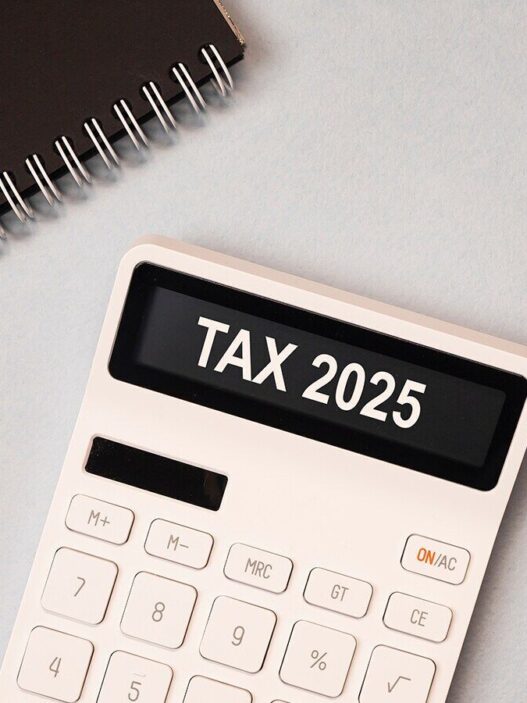RBI recently directed the credit information companies (CICs) that they need to update their record every 15 days instead of one month.
This will help the borrowers keep their data updated. The Reserve Bank of India made it compulsory for the banks to update credit bureau records every 15 days. This may change the way credit score is calculated and published, so that the financial activity of the borrowers is shown in real time.
Earlier, updates were only done on credit score every month, thus delaying the effect of loan repayment as it happens.
This mandate was issued by the RBI in August last year, and lenders and credit bureaus were given time until January 1 to upgrade their systems.
When credit data is updated, it is likely to help borrowers in several ways.
2. Faster loan approvals: Lenders rely on up-to-date credit reports to assess creditworthiness. If recent improvements (e.g., debt repayments) are reflected in the credit file, borrowers may get approved more easily.
3. Access to better credit offers: A higher or more accurate credit score can qualify borrowers for premium credit cards, lower mortgage rates, and better refinancing options.
4. Correction of errors: If incorrect negative information is removed (e.g., a mistakenly reported late payment), borrowers benefit from a more accurate reflection of their financial behaviour.
5. Improving Debt-to-Income (DTI) Ratio: If a borrower pays off debts, the updated credit data lowers their DTI ratio, making them more attractive to lenders for future borrowing.
6. Removal of adverse remarks: Late payments, collections, and other negative items typically fall off a credit report after a certain period (e.g., seven years for most delinquencies). When this happens, the borrower’s credit profile improves.












